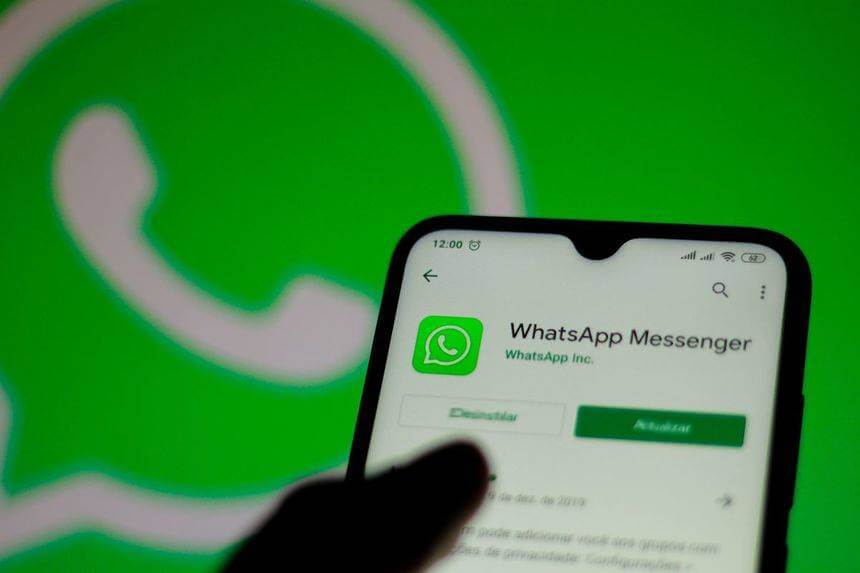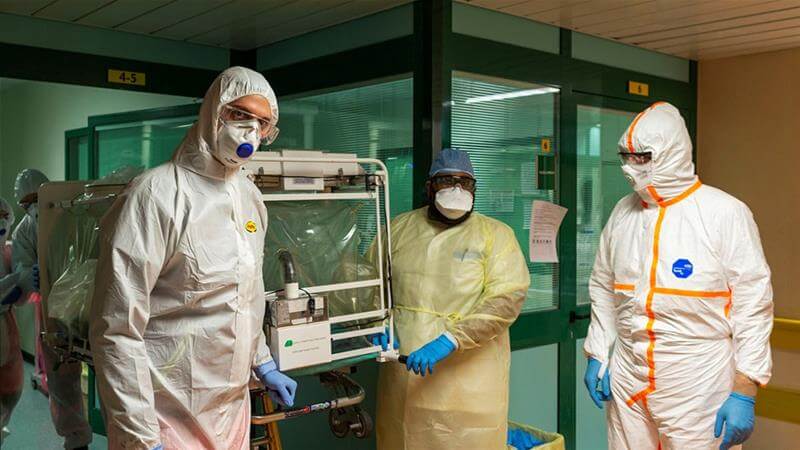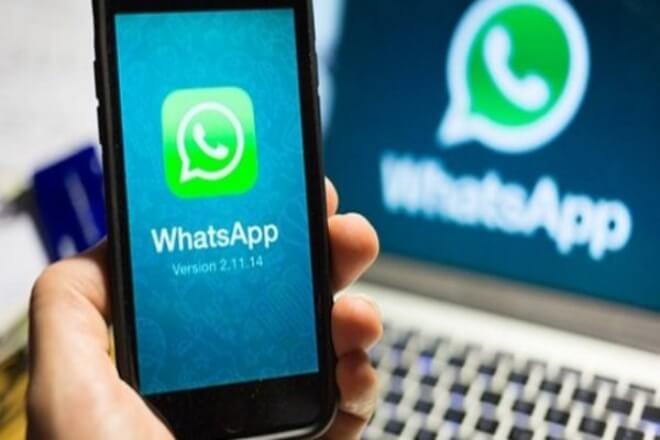While world governments and medical officials are battling to save the world from the ongoing coronavirus pandemic, social media platform Facebook has a new issue on its hands in the form of its messaging app WhatsApp.

CNN reports that the efforts of the aforementioned personnel engaged in the fight to ensure that as many as possible stay alive despite the outbreak of COVID-19 are being undermined by the spread of medical misinformation and fake cures being spread on WhatsApp.
The messaging app which is owned by Facebook has come under intense scrutiny over how it is handling the misinformation.
According to Johns Hopkins University, the coronavirus has infected over 200,000 people with more than 8,000 casualties, and now WhatsApp is a tool for spreading messages that contain both accurate and false claims that have been debunked by medical personnel.
The issue has become a pressing concern that world leaders are now telling people to stop sharing such unverified information on the messaging app.
Irish Prime Minister Leo Varadkar said earlier:
“I am urging everyone to please stop sharing unverified info on WhatsApp groups. These messages are scaring and confusing people and causing real damage. Please get your info from official, trusted sources.”
The misleading messages find their way to smartphone users via texts forwarded by friends or relatives, often containing information allegedly from a doctor or friend of a friend who works in government.
Many of the messages combine sound advice like washing of hands properly, with misleading content. A piece of false news making the rounds is that drinking warm water every 15 minutes neutralizes the virus.
Public health officials and watchdog groups are struggling to track down the COVID-19 misinformation as it is public knowledge that WhatsApp doesn’t monitor the flow of messages on the platform.
European Commission Vice President Vera Jourova, a champion of the bloc’s fight against disinformation, had this to say about the issue:
“It is clear … that a lot of false information continues to appear in the public sphere. In particular, we need to understand better the risks related to communication on end-to-end encryption services.”
WhatsApp disclosed that it has taken steps to check misinformation and is donating to fact-checking groups. Users can forward messages to special accounts that verify information.



